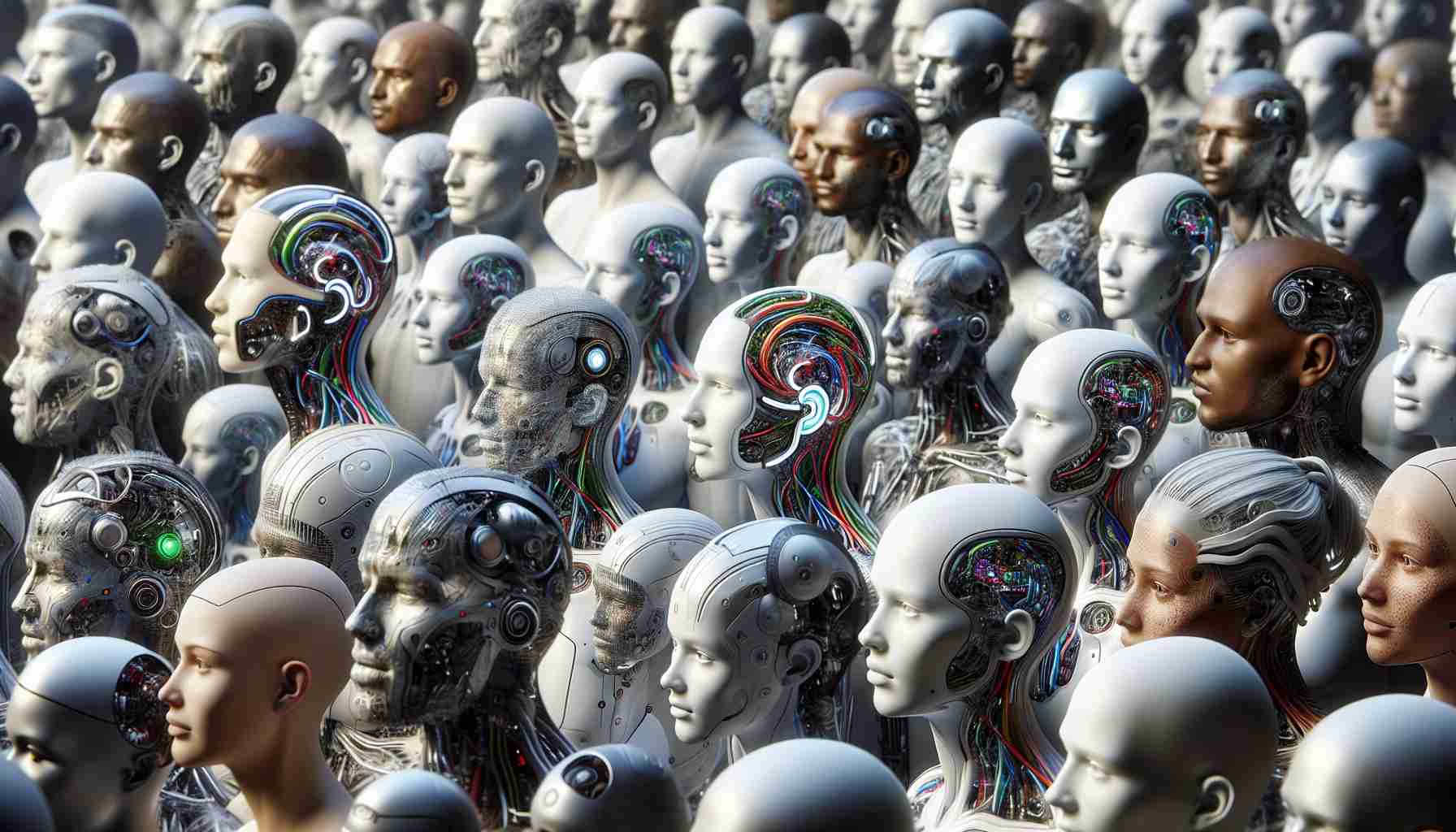The rise of artificial intelligence has transformed the digital landscape, flooding the internet with an abundance of AI-generated content. While this technology has the potential to enhance creativity and productivity, it is also being misused to deceive individuals on various critical issues.
This phenomenon has led to an alarming trend known as “artificial doubt.” Initially a theoretical concept, it has now become a pervasive challenge affecting how people perceive information online. AI-generated deepfakes, which can convincingly alter reality, have become sophisticated tools for misinformation, enabling individuals to undermine authentic evidence.
Experts have voiced concerns that the proliferation of such content fosters skepticism. As individuals become more aware of the ability to create realistic but false representations, their trust in genuine information diminishes. This cognitive wariness complicates acceptance of factual evidence, leading to a culture where people question even verified claims.
Moreover, a worrying consequence is the potential for biased interpretations of information, where individuals dismiss facts that contradict personal beliefs while accepting unverified claims that align with their views. This cycle of distrust can erode societal confidence and polarize communities.
To combat artificial doubt, individuals must invest time in verifying the authenticity of content. This includes cross-referencing multiple sources and employing tools to detect manipulated materials. In this ongoing battle against misinformation, cultivating a discerning mindset is crucial for restoring trust and integrity in information exchange.
Strategies for Navigating the Age of Artificial Intelligence
In a world where artificial intelligence (AI) has become a dominant force in shaping the digital landscape, it’s essential to develop strategies to differentiate between reliable information and misleading content. Here are several tips, life hacks, and interesting facts to empower you as a savvy digital consumer.
1. Enhance Your Information Literacy Skills
Investing time in improving your information literacy can significantly increase your ability to assess online content critically. Familiarize yourself with the concepts of source evaluation, bias identification, and fact-checking. Understanding these principles equips you to discern truth from misinformation.
2. Use Advanced Search Techniques
Take advantage of advanced search operators on platforms like Google to find credible sources more easily. For example, using quotation marks around phrases helps locate exact matches, while the minus sign can exclude unwanted results. This method can lead you to more reliable information that isn’t influenced by AI-generated content.
3. Spot the Signs of Manipulated Media
Become adept at recognizing red flags in images and videos. Look for inconsistencies such as unnatural shadows, blurriness, or mismatched audio and video. Various tools are also available online that can help analyze media for authenticity, contributing to a more trained eye when assessing content.
4. Diversify Your Information Sources
By consulting multiple reputable sources, you can broaden your perspective and reduce reliance on any single outlet. Try to include international news organizations, scholarly articles, and expert opinions in your research. This will help counteract biases and offer a more balanced view of complex issues.
5. Leverage Fact-Checking Websites
Utilize fact-checking platforms like Snopes (Snopes) or FactCheck.org (FactCheck.org) to verify claims before sharing them. These resources specialize in debunking false information and can provide reliable context that clarifies common misconceptions.
6. Cultivate Skepticism and Curiosity
A healthy level of skepticism is essential in today’s digital age. Foster curiosity by asking questions about the information you encounter. Who created it? What is their motivation? What evidence supports their claims? Such inquiries encourage deeper understanding and help you navigate the complex information landscape effectively.
7. Stay Informed About AI Developments
Keeping up to date with advancements in AI technology can enhance your awareness of potential manipulations. Being informed about new tools and techniques used in AI-generated content will better equip you to detect and analyze such materials critically.
8. Engage in Discussions and Debates
Participate in conversations surrounding misinformation and artificial doubt. Engaging with others not only allows you to share knowledge but also exposes you to differing viewpoints. This dialogue can reinforce your understanding and help build a collective ethos against misleading content.
In conclusion, navigating this age of AI-generated content requires awareness, skills, and engagement. By employing these strategies, you can contribute to a more informed society that values integrity and clarity in information exchange. For more resources on this topic, visit the Association for the Advancement of Artificial Intelligence and CNN for trusted news updates.


















